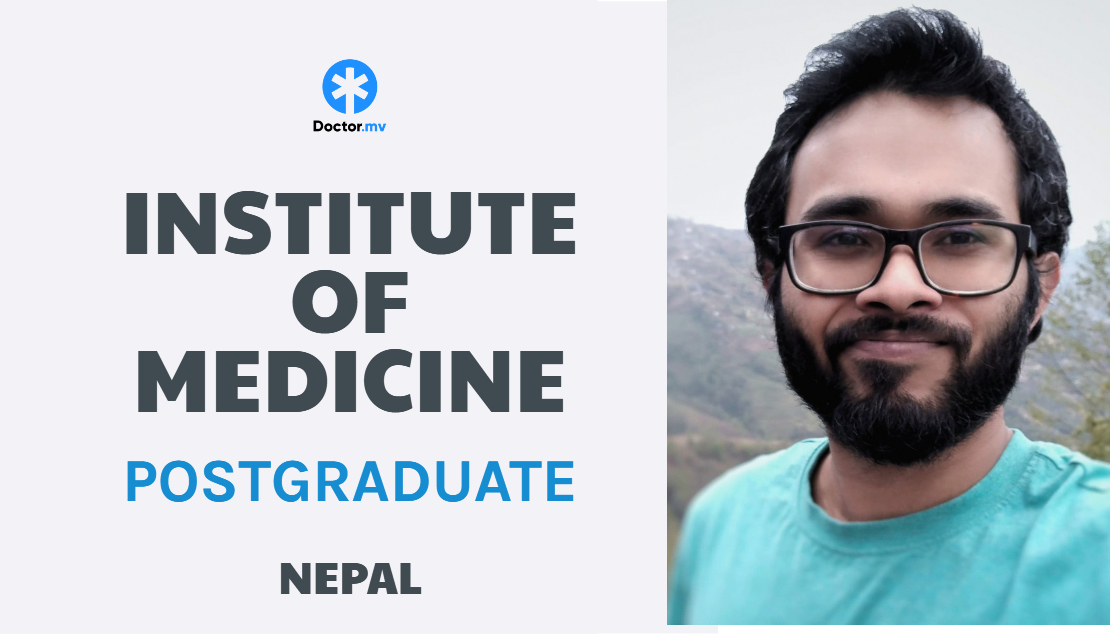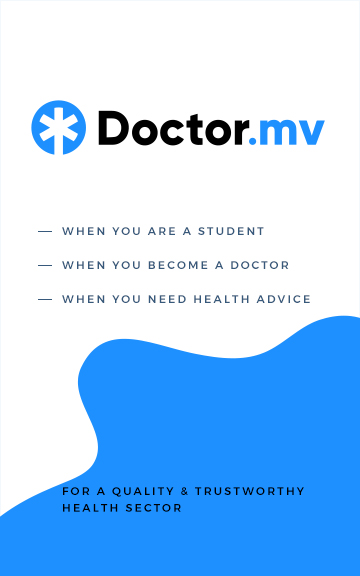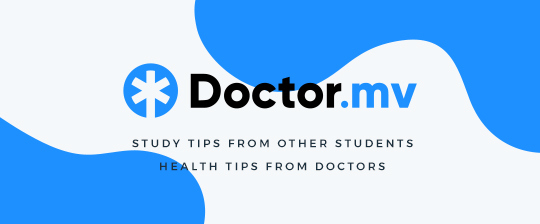I'm Dr ASADH SHAHEED and this is My Medical Student Life

University
Maharajgunj Medical Campus, Institute of Medicine, Tribhuvan University
Current Year of PG
Third
Chosen Medical Specialty
Anaesthesiology
Most Inspiring Person
-
Single Quality that defines a great Doctor
Humility
First of all, walk us through the step-by-step processes that you went through to get to where you are today?
I did my O'levels (secondary) and A'levels (higher secondary) from Majeediyya School and CHSE respectively. Afterwards, I worked at IGMH for an year as a clinical assistant.
I then completed my MBBS at Manipal College of Medical Sciences (affiliated to Kathmandu University). After graduating, I worked as a medical officer in IGMH for two and half years.
While working at IGMH, I won a scholarship for my current training from the government of the Maldives.
What is the main difference between Undergraduate & Postgraduate courses in Medicine?
The Undergraduate degree starts with basic human physiology and pathology followed by introduction to clinic based learning. It starts with a lot coursework and all basic medical specialties are covered.
The Post-graduate degree is more focused to the particular field of specialty and is more clinic oriented.
How important are the years working before Postgraduate studies?
I'd say it helps one guide to their interests, and learn to develop themselves as clinicians. A book can only take a medical graduate so far. It is the patient that makes him/her a doctor.
How do you keep motivated during times of frustration?
Having a hobby helps. Residency can be tiring and at times it's difficult to spare time to one's self. Whenever possible, I get off sometime to play futsal, read a book or watch a movie.
Having friends and family also help to keep me motivated.
Take us through a typical study day
The day starts early for clinical trainees. I usually have to report at around 8 am (sometimes early, if a lecture is scheduled in the morning).
As I work in the Operating Room (OR), working hours are 9 am - 5 pm, unless a case goes beyond expected duration. Then, I have to check on patients scheduled for the next day.
On a typical day, I'd be home by 6:30-7:00 pm.
Then there are 30 hour calls. I do around 8-10 of these a month. Evening is when I get time to read.
What is a common misconception that people have about what you do?
That being a doctor is easy.
During your work week, how frequently do you have to stay overnight in hospital?
2-3 days per week.
What do you think needs to change in the health industry of the Maldives today?
Health insurance, probably. I believe that Aasandha has some major flaws that need to be addressed before we could consider it to be a universal healthcare coverage. Coverage needs to improved and checks has to be established as to cut expenses.
The issue also lies in how we run the system. If we could establish a good family medicine and referral system, a lot of the issues could be addressed. The burden on specialties will decrease and the public will benefit by getting a timely service.
Finally, what is the one tip/advice you want to give to our readers?
Not to lose the human in them.
For students, I'd ask them to try to move away from text books and read published papers. "Up-to-date" is a good platform.
The My Medical Student Life series was created for the sole purpose of helping medical students and aspiring doctors on their journey to become a successful Maldivian Healthcare Professional. Have a suggestion, idea or question? Email us.



Leave a comment
0 Comments